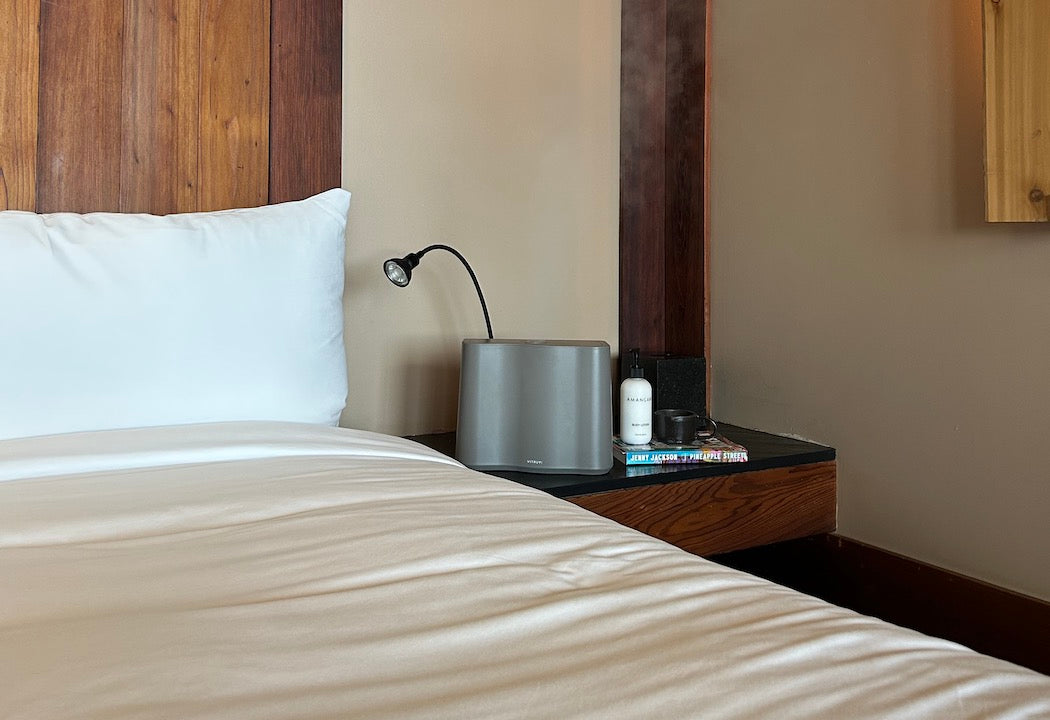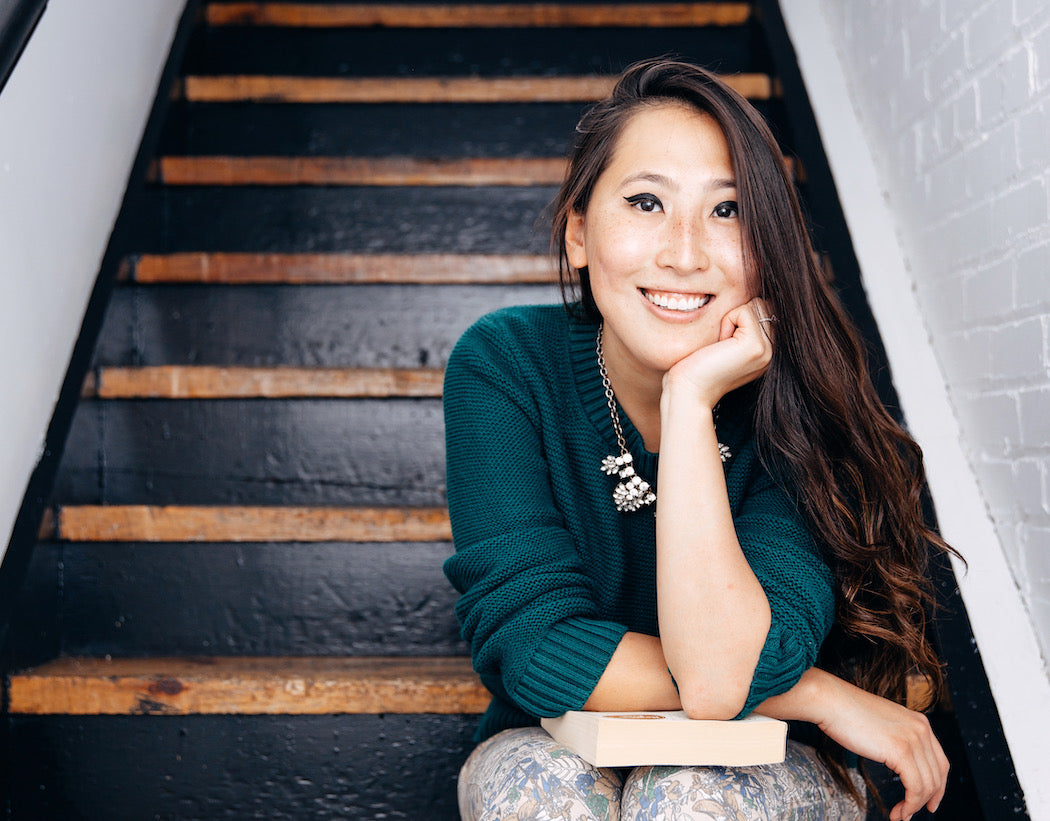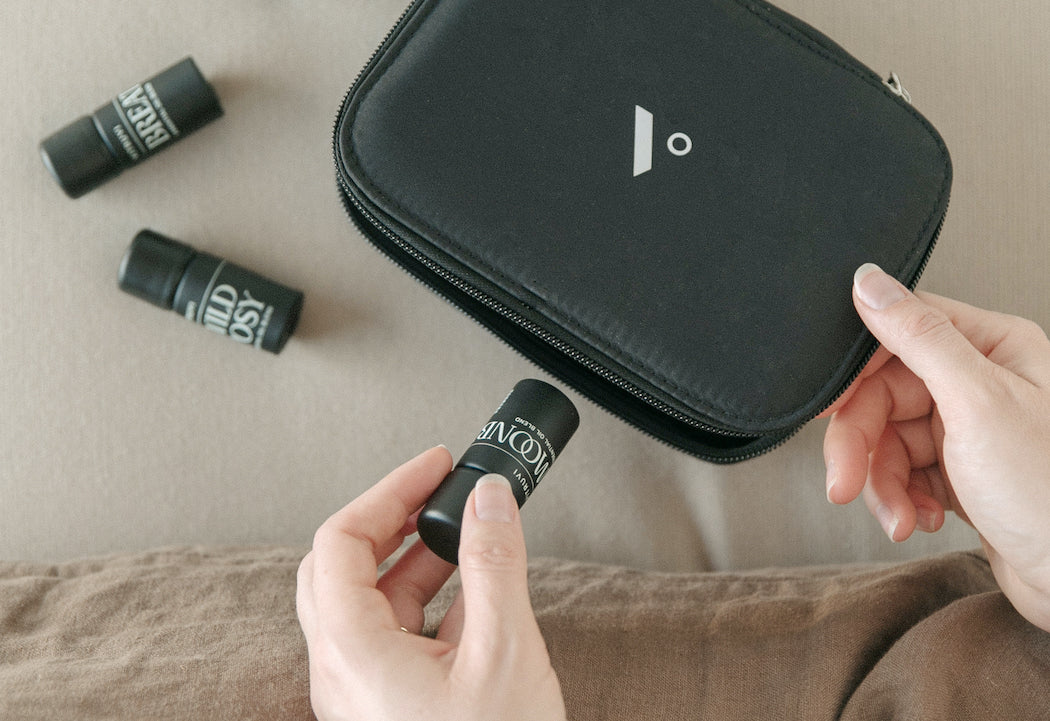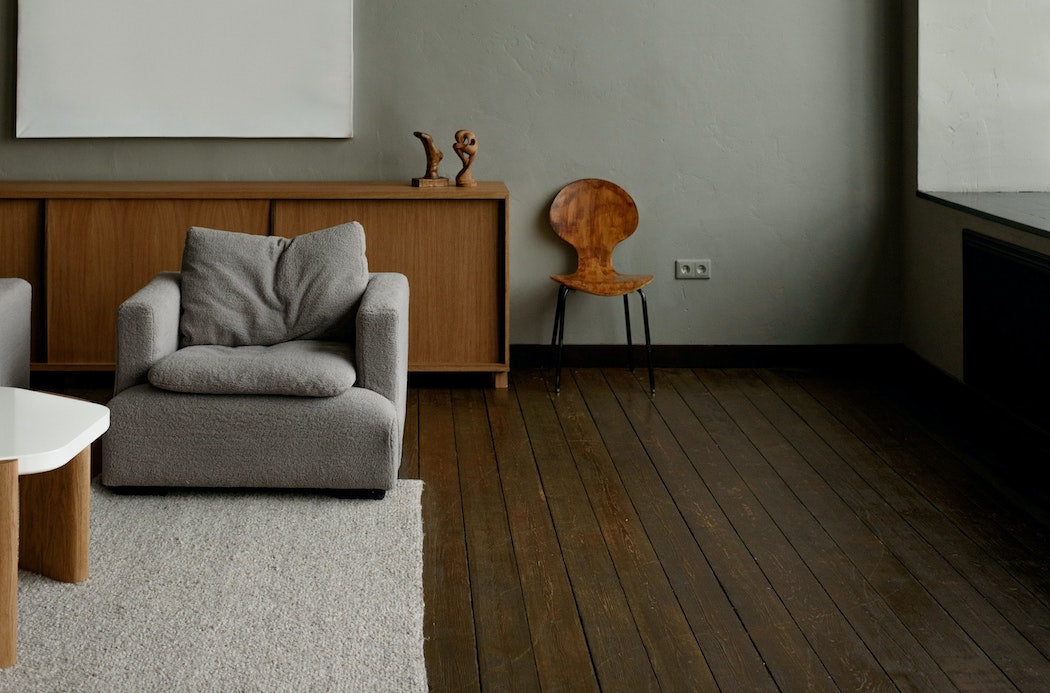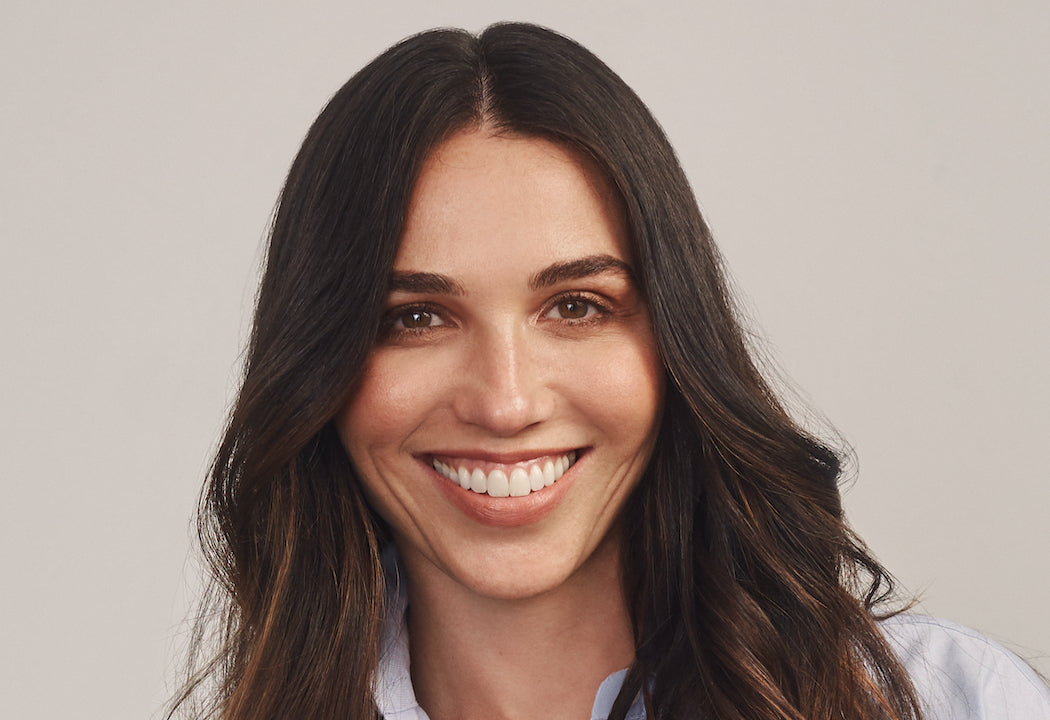Sara Mathieu-C is a Dynamic Woman.
Based in Montreal, she is a sexual health researcher and an advocate for students who are navigating their way through academia. Between her own PhD pursuits, she runs two non-profit organizations that are changing the way we look at sexuality and post-secondary learning.
Her colleague Audrey Rivet nominated her, and had this to say: “She’s one of the hardest-working women I know. She has a BA in sexology and an MA in pedagogy, and is currently a PhD student: one of her (many) goals is to promote healthy sexual education for young adults while reflecting on the potential and limits of different technologies. She is currently working on that through the online platform @clubsexu. Sara is also one of @thesezvous’ cofounders; it’s a non-profit organization that helps support graduate students. She’s looking forward to changing the academic world to make life and studies easier for students and researchers. To me, she’s a real #girlboss!”
We sent some questions to Mathieu-C so that we could learn more about her views on studying, sexuality, and self-care.
You have a BA in sexology. What drew you to the subject?
I have always been interested in issues related to social inequalities associated with sexuality, and more particularly to gender, sexual orientation, and relational models. As a teenager, I was questioning myself a lot about what it means to be a girl in terms of possibilities and responsibilities. Over time, I specialized in the uses of digital technologies and gamification for sex education, especially among youth.
Can you talk a bit about Club Sexu and what it offers people?
Club Sexu is non-profit media specializing in the creation of content, games, and events to talk about sexuality in a positive, fun, and inclusive way. We are really active on Instagram; our content is mostly in French, for now! It’s a pleasure for me, as a sexual health researcher, to collaborate with brilliant designers and content creators for Club Sexu.
What do you think are the main issues facing sexual health today?
I believe that, even today, sexuality is too often treated from a problem-centred perspective, especially when it comes to youth. It is essential to highlight important problems such as sexism, STIs, and sexual assaults, but we must also make room for pleasure and desire. By ignoring the positive and playful facets of sexuality, we are not promoting sexual health—instead, we are just trying to avoid problems.
Why do you think there is still so much stigma and shame around discussing sexuality? How do we fix it?
Most of us were raised in families and communities where sexuality is rarely addressed, mostly from a problem or humour-centred perspective. Access to quality sex education is still very rare in North America, which offers little opportunity to frankly and simply discuss sexuality in its different dimensions. Part of the solution is to offer these discussion spaces and to promote alternative messages to mainstream media and pornography.
Can you talk a bit about your other non-profit, Thèsez-vous?
Thèsez-vous is a non-profit, student-led organization that specializes in creating physical and social environments to facilitate academic writing. We offer researchers and graduate students ideal conditions for writing their dissertation, scientific articles, or funding applications, based on documented best practices. It has become an amazing community of pairs that support each other and discuss how academia is “broken” and the different ways to fix it.
Self-care is different for everyone—what does it mean to you?
Self-care for me is associated with empathy. I try to have for myself the empathy that I have for others. It means being demanding of myself, but accepting that I could be wrong, that it could take more time that I expected, and that it is part of the process to fall, to learn, to heal.
What is your favourite or most memorable piece of advice?
To question standards, to remain critical—especially when it comes to success, social expectations, and intimacy. It is difficult to free oneself from social injunctions. It takes time to think, listen, read, and learn to finally be able to deconstruct what seems “true.”
This interview has been edited and condensed.
Read about the other 2020 Dynamic Women Award winners here.
Read about the 2019 Dynamic Women Award winners here.



